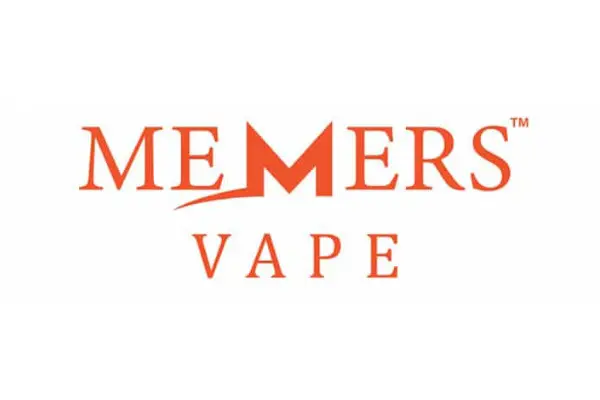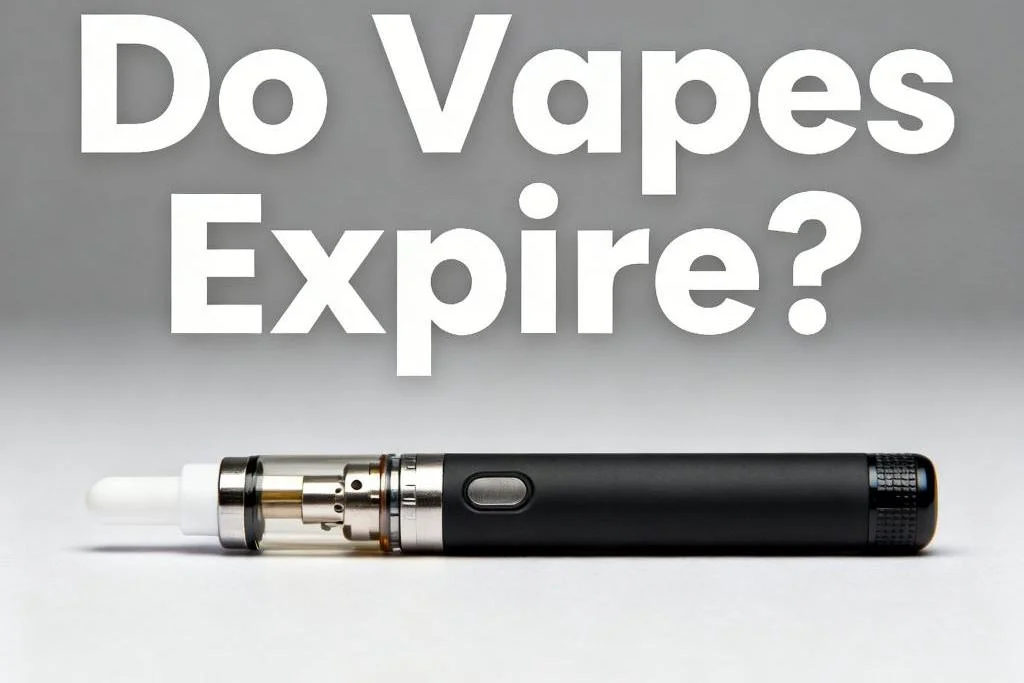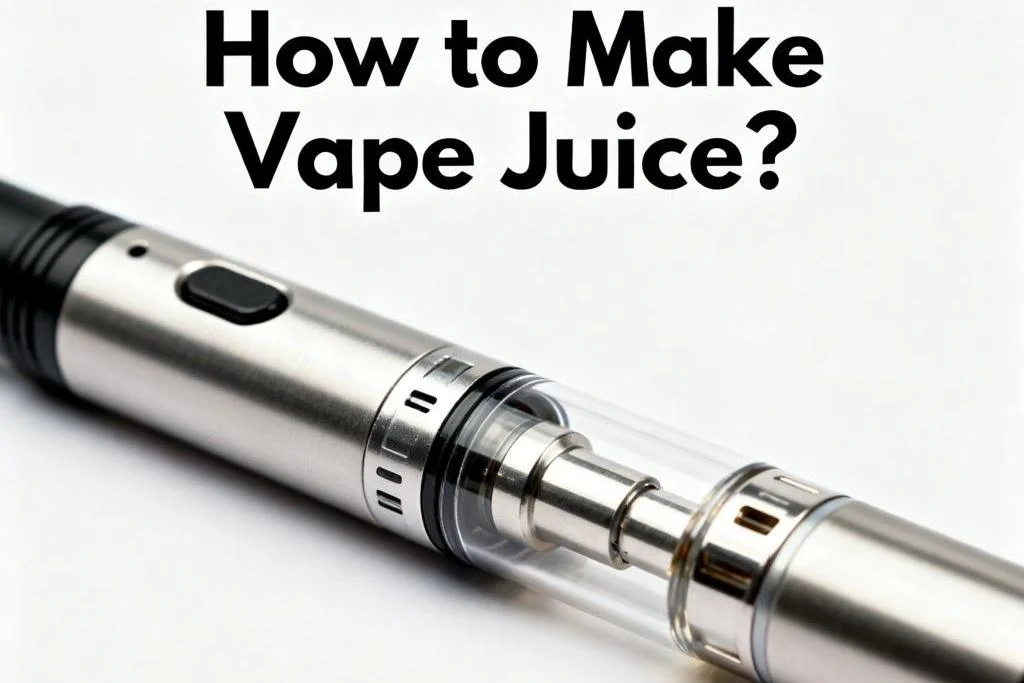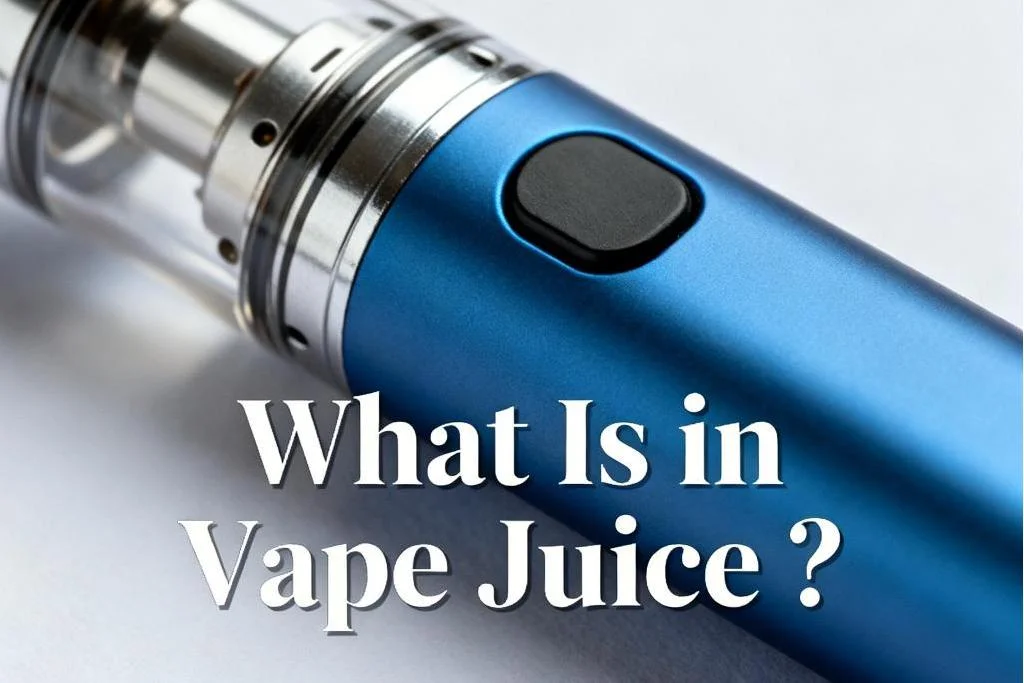Indonesian vape producers are demanding that the government lower excise taxes
7/31/2025, 2:38:49 PM 1158
Indonesian vape producers are demanding that the government lower excise taxes
As the industry navigates the evolving regulatory landscape, it is crucial for stakeholders to collaborate to educate consumers and promote the responsible use of electronic cigarette products. This allows the industry to capitalize on changing consumer preferences while ensuring the well-being of its customers and compliance with regulations.
The electronic cigarette industry in Indonesia has demonstrated its resilience and growth potential. With the right strategies and cooperation, the industry is poised for continued success in the years ahead.
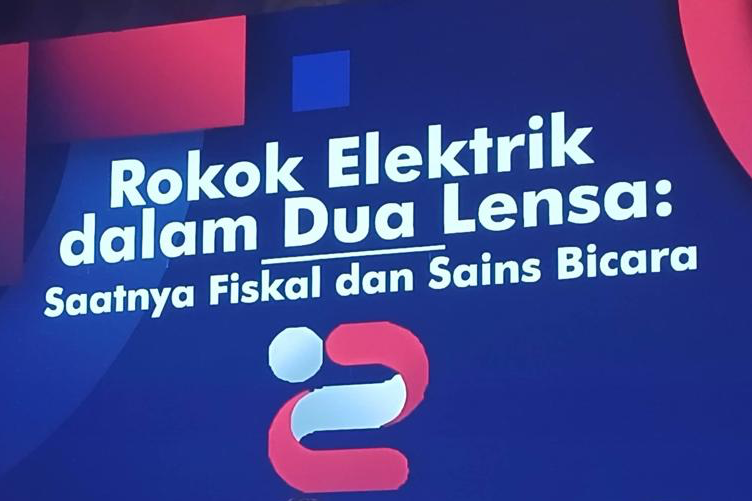
Indonesian E-liquid Producers Association (PPEI) is calling on the government
The Indonesian E-liquid Producers Association (PPEI) is calling on the government, specifically the Directorate General of Customs and Excise and the Fiscal Policy Agency (BKF), to re-evaluate and lower the current excise tariff structure for e-cigarettes. While commending the government for not increasing excise rates this year, the association warns that previous hikes have had a devastating impact on the industry.
PPEI Chairman Daniel Boy stated that his organization continues to push for regulations that favor vape industry entrepreneurs. However, the economic pressure from past policies has been severe. Agung Subroto, Deputy Chairman of PPEI, revealed that two consecutive multi-year excise tax increases of 19.5% per year have forced nearly half of their members out of business. “This has reduced our membership from over 300 producers to just 170. This means that almost half of our members are unable to purchase excise stamps to produce e-liquid,” Subroto explained.
Indonesian Personal Vaporizer Association (APVI) has report
The Indonesian Personal Vaporizer Association (APVI) has reported a remarkable 50% increase in electronic cigarette tax stamp purchases, reaching an impressive Rp2.8 trillion in 2024. This substantial growth is a testament to the rapid expansion of the electronic cigarette industry, driven by strong demand from both domestic and international markets.
He dismissed the notion that the industry’s decline was due to negative health narratives, attributing it instead to a lack of education and the heavy tax burden. Subroto pointed to research from the National Research and Innovation Agency (BRIN) which showed that many toxic substances found in conventional cigarettes, such as carbon monoxide, benzene, and 1,3-butadiene, were not detected in e-cigarette vapor, supporting the argument that vapes are a lower-risk alternative. PPEI hopes for further tax relaxation in the future to allow the legal industry to survive and provide these alternatives to adult smokers.
- News source: E-cigarette Entrepreneurs Ask the Government to Lower Excise Tariffs ( https://www.mcwnews.com/read/pengusaha-rokok-elektrikminta-pemerintah-turunkan-tarif-cukai )



